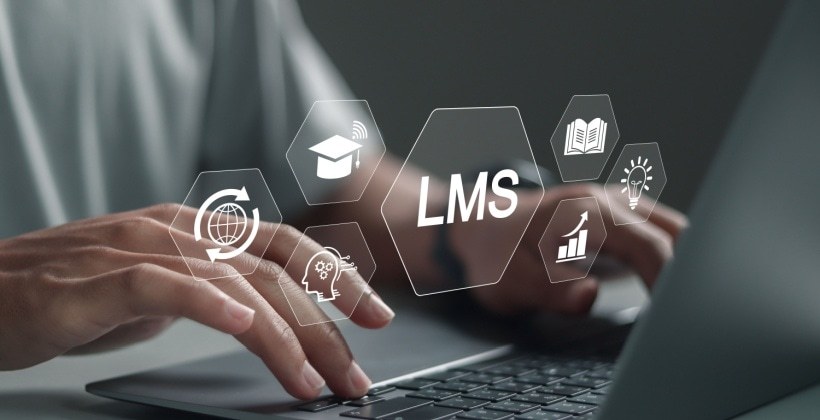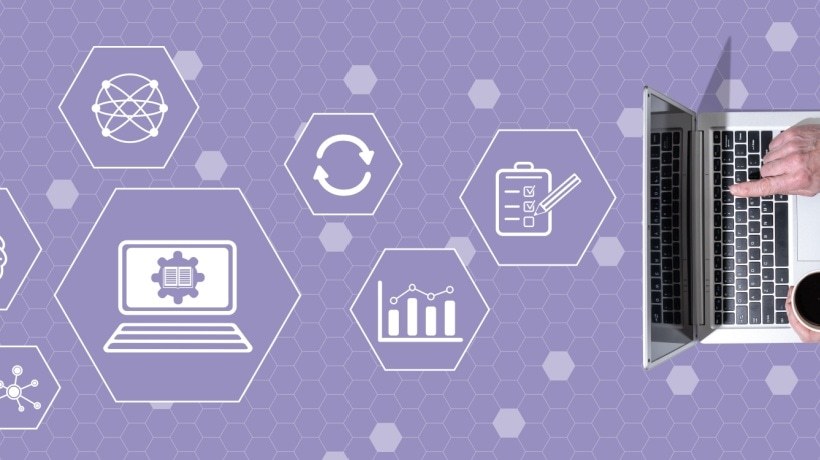Alternative LMS Trends That Will Shape The LMS Space Of 2015 And Beyond
- The LMS will be owned by multiple business functions.
The LMS will no longer be owned solely by Learning and Development. Each business line wants to control the training that their people embark on. They want portals that are branded to their specific department or function, they want to control the speed to market of training and they want to be able to be able to report on their own people i.e. not wait for someone else to generate a report for them. - Proving the LMS’s impact on business.
Yes, all LMS systems have reporting capabilities but business leaders want to know more than just who has completed what training. They want to understand the impact that training has had on their bottom line by compiling and correlating data from across the business to measure the true impact on business. Once the impact on business is proved, Learning and Development and the LMS will become a key resource for many in the business, significantly increasing the demands for training. - Turning the LMS into a profit center.
For many, especially those not in Learning and Development, the LMS is viewed as a cost center, it is therefore L&D’s responsible to remedy this view. Learning and Development can achieve this in two ways:- Through measuring impact on business, Learning and Development can start to turn training into a profit centre for internal training or even charge across functions.
- Through delivering courses to customers and partners. During 2015 more and more businesses will deliver top quality accreditation programmes for partners and customers, helping drive additional revenue whether that be through selling courses or by offering additional value to partners and customers.
- Streamlining Processes.
Many processes for delivering learning whether it be creating course, enrolling learners, accessing different learning types involve convoluted process. To reduce administration burden and improve learner experience these processes must be streamlined. In 2015, we will see more integration of the LMS with other business systems and learning delivery methods such as virtual classrooms, registration/eCommerce systems and text (bite sized knowledge) - Competency based.
Learners want their learning to adapt to their needs, their behavior and their skill set. It is therefore imperative that we move training away from “seat-time” based training to competency based. Competency based learning ensures that learners truly have the skills and knowledge to perform their role, by tailoring training specifically to them, rather than just rewarding learners for completing the same training as everyone else in a "time served" style. - User Generated content.
Learners are more interested than ever before in peer-to-peer interactions. They want to know what works in practice and what their colleges are doing not just want the company thinks they should know. Allowing users to generate and “own” material for other learners will become more and more prevalent. - The LMS is no longer just for place for self-paced learning.
To the previous point, learners want peer-to-peer interaction, they don't just want discussion boards, they want live chat, they want to work on learning tasks together and to discover in a live synchronous environment where they can test different approaches and learn from discussion. Synchronous learning will form a greater part of learning carried out in the LMS in 2015.
You may be reading this and saying, "yes but I know x LMS feature is really hot right now and you haven't listed it as an LMS trend". You might be right, that the LMS feature is "hot" but features of the LMS are driven by the challenges business are trying to resolve and demands of the learner i.e. the LMS trends.
Originally published on February 17, 2015









